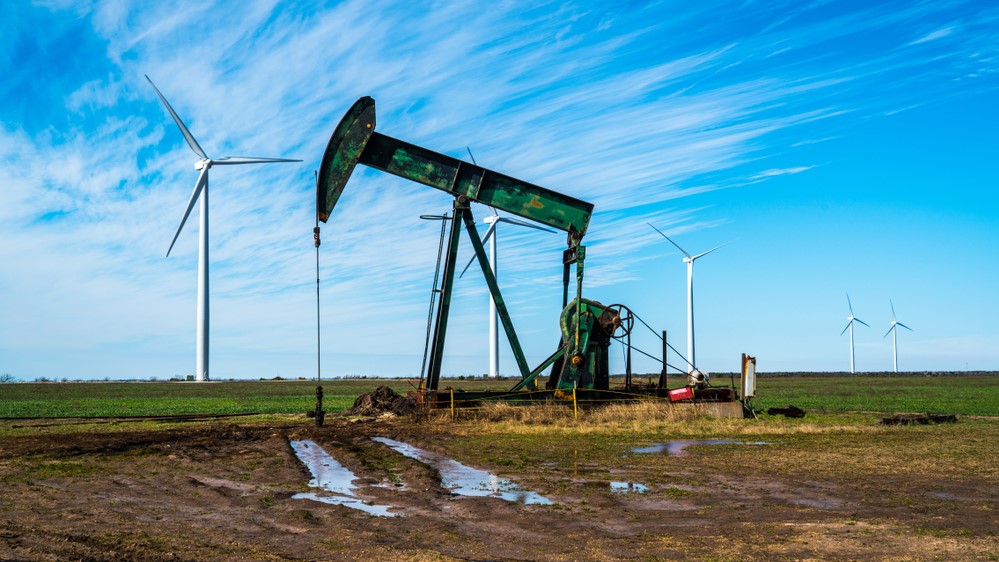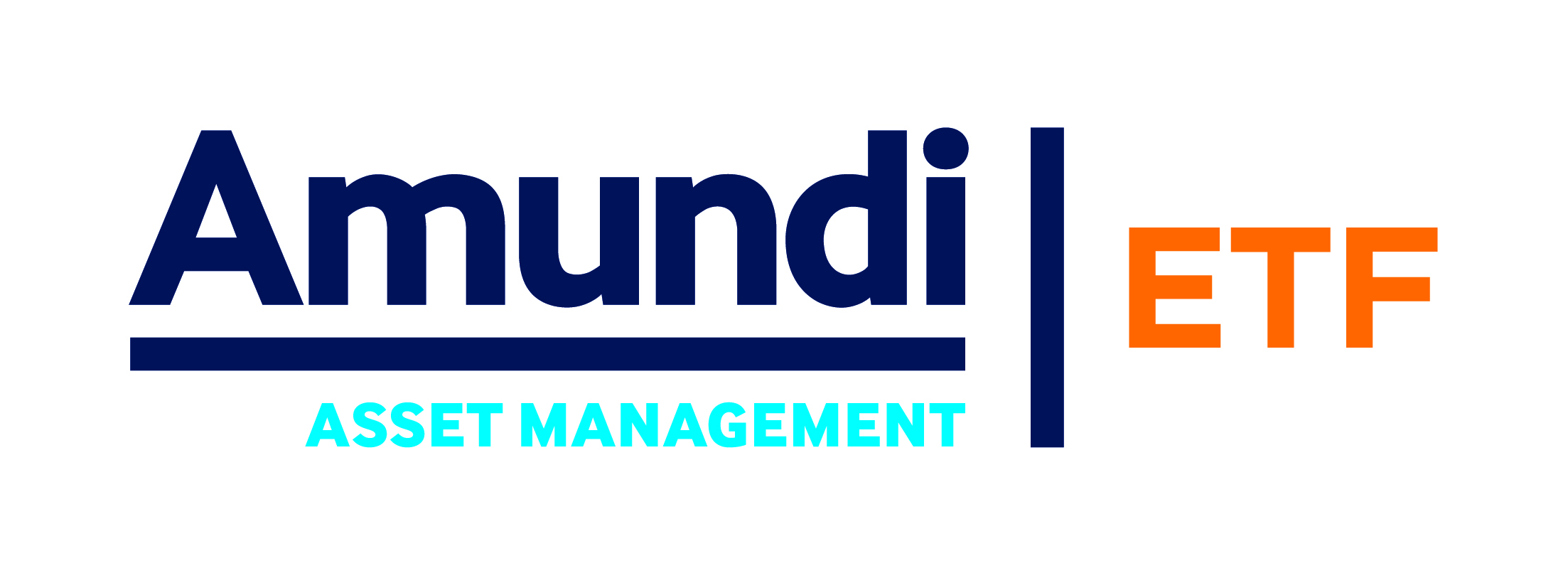ETFs in Europe may find it much harder to abide by new French ESG fund labelling rules recently implemented by the government.
The freshly tightened ‘socially responsible’ ISR classification will see ETFs holding the label forced to sell their fossil fuel holdings from 2025, in a move likely to spark a wave of divestment across the fund industry.
However, large ETFs that are required to track rules-based indices will find it much harder to comply with the new ruling, meaning many could lose their label.
“It is much trickier for passive funds because you have to switch indices,” Hortense Bioy, global director of sustainability research at Morningstar, said.
“There is a distinction to be made between large ETFs and small ones, for whom it is much easier to switch. If asset managers do not want to switch indices, they will have to launch an entirely new ETF.”
The $9.5bn iShares MSCI USA SRI UCITS ETF (SUAS) and the $9.7bn iShares MSCI World SRI UCITS ETF (SUSW) are currently the top two ISR-labelled funds, with the highest oil and gas exposure in euro terms, at roughly €324m and €208m of their assets under management (AUM), respectively, according to Morningstar.
“Because these ETFs are large and distributed across Europe, it is unlikely they will want to change the index,” Bioy added.
Major ETF issuers including BlackRock, Invesco and Amundi have all switched several ETFs from non-ESG to ESG indices in the past, as they look to comply with Articles 8 and 9 under the Sustainable Finance Disclosure Regulation (SFDR).
However, the new rules by the French government will test their appetite to do so again, while broader concerns around the divergence of ESG regulation in Europe will also raise concerns.
“I do not think one country should determine what the index of a product should be,” Bioy said.
“We are at a point where we will have labels under the Sustainable Disclosure Regime (SDR), the potential introduction of categories under SFDR and there are already between eight and 10 national labels across Europe.
“This will change the conversations of product manufacturers across Europe. The elephant in the room is you are going to end up with too many labels which will end up more costly and confusing for investors.”
The new rules, brought in by French finance minister Bruno Le Maire, are considered “essential” to combat global warming and make it easier for sustainable investors to understand what they are investing in.
Alongside the total exclusion of fossil fuels, high-carbon emitting companies will also be required to adopt transition plans that align with the Paris Agreement.
New funds coming to market after 1 March 2024 will be required to adopt the updated framework while existing ETFs will have until 2025 to comply.






